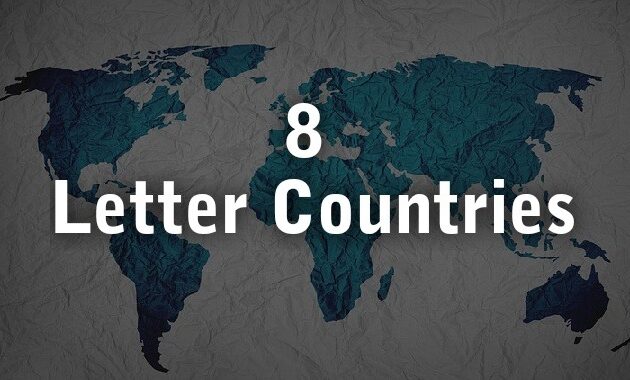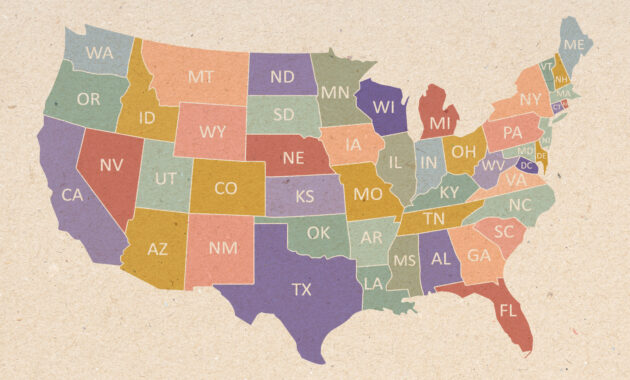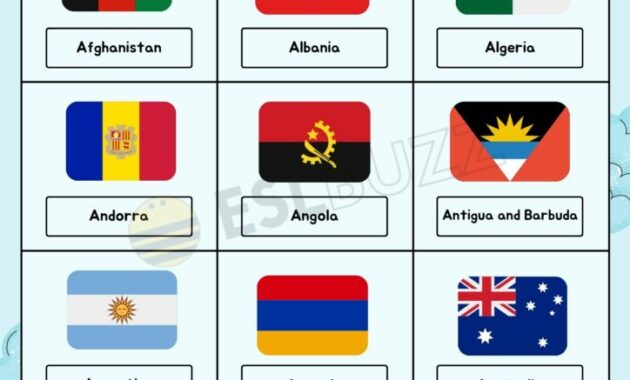Brazil, a land of vibrant culture, stunning landscapes, and a rich history, often finds itself categorized as a “less developed” country. This label, while technically accurate according to certain economic metrics, often fails to capture the complex reality of this South American giant. It’s a classification that begs the question: what factors contribute to this designation, and how does it impact the lives of Brazilians and the nation’s potential on the global stage?
Brazil’s Economic Landscape: A Tapestry of Progress and Challenges

One of the primary reasons for Brazil’s classification lies in its economic structure. While Brazil boasts a substantial and diversified economy, ranking among the largest in the world, its per capita income lags behind that of developed nations. This disparity is rooted in a history of income inequality, where wealth is concentrated in the hands of a relatively small elite. This inequality manifests in stark differences in living standards, access to education, healthcare, and opportunities between different segments of the population. A significant portion of the population still lives below the poverty line, struggling to meet basic needs.
Furthermore, Brazil’s economic performance has been subject to fluctuations and vulnerabilities. Dependence on commodity exports, such as soybeans, iron ore, and oil, makes the economy susceptible to global price swings. When commodity prices fall, Brazil’s export revenues decline, impacting economic growth and government revenue. Diversifying the economy away from this reliance on commodities and fostering industries with higher added value is a crucial challenge for sustained development.
Another factor contributing to the classification is the presence of a significant informal sector. Many Brazilians work in unregistered businesses or are self-employed without formal contracts, social security benefits, or legal protections. This informal economy, while providing a livelihood for many, often operates outside the tax net, limiting government revenue and hindering the provision of public services. Bringing the informal sector into the formal economy through streamlined regulations and incentives is essential for boosting economic growth and improving social welfare.
Bureaucracy and corruption also act as impediments to economic progress. Complex regulations and bureaucratic red tape can discourage investment and hinder business development. Corruption, both petty and grand, diverts resources away from public services and infrastructure projects, undermining trust in government and institutions. Strengthening governance, promoting transparency, and combating corruption are critical for creating a more level playing field for businesses and fostering sustainable economic growth.
Social Development: Bridging the Gaps and Investing in Human Capital
Beyond economic indicators, social development plays a significant role in determining a country’s overall development status. While Brazil has made significant strides in improving social indicators in recent decades, challenges remain. Access to quality education and healthcare is not uniform across the country. Rural areas and marginalized communities often face significant disadvantages compared to urban centers. Investing in education and healthcare, particularly for disadvantaged groups, is crucial for empowering individuals and creating a more equitable society.
Education is a cornerstone of development. A well-educated workforce is essential for driving innovation, increasing productivity, and competing in the global economy. Brazil has made progress in increasing school enrollment rates, but challenges remain in ensuring quality education for all. Investing in teacher training, improving school infrastructure, and providing access to technology are essential for raising educational standards and preparing students for the demands of the 21st century.
Healthcare is another critical aspect of social development. Access to quality healthcare is essential for improving health outcomes, increasing life expectancy, and reducing poverty. Brazil has a universal healthcare system, but challenges remain in ensuring access to services for all, particularly in rural areas and underserved communities. Investing in healthcare infrastructure, training healthcare professionals, and promoting preventative care are essential for improving the health and well-being of the population.
Income inequality also has a significant impact on social development. The vast gap between the rich and the poor creates social tensions and limits opportunities for those at the bottom of the economic ladder. Addressing income inequality requires a multi-pronged approach, including progressive taxation, social safety nets, and investments in education and healthcare for disadvantaged groups. Empowering marginalized communities and creating a more equitable distribution of wealth are essential for building a more just and inclusive society.
Brazil’s Strengths and Potential: A Land of Opportunity

Despite the challenges, Brazil possesses immense potential and numerous strengths. It is a country rich in natural resources, with vast reserves of oil, minerals, and arable land. Its diverse population, vibrant culture, and entrepreneurial spirit are valuable assets. Brazil has made significant progress in recent decades in reducing poverty, expanding access to education and healthcare, and strengthening its democratic institutions. The key lies in leveraging these strengths to overcome the challenges and unlock its full potential.
Investing in infrastructure is crucial for driving economic growth and improving connectivity. Improving roads, railways, ports, and airports will facilitate trade, reduce transportation costs, and attract investment. Investing in renewable energy sources, such as solar and wind power, will help reduce Brazil’s dependence on fossil fuels and promote sustainable development.
Promoting innovation and technology is essential for driving productivity and competitiveness. Investing in research and development, supporting startups, and fostering a culture of innovation will help Brazil develop new industries and create high-paying jobs. Encouraging technological adoption across all sectors of the economy will boost efficiency and productivity.
Strengthening governance and combating corruption are essential for creating a more transparent and accountable society. Implementing reforms to streamline regulations, reduce bureaucracy, and improve the rule of law will create a more favorable environment for businesses. Strengthening anti-corruption agencies and promoting transparency in government spending will help reduce corruption and ensure that public resources are used effectively.
Brazil’s journey towards becoming a fully developed nation is a complex and ongoing process. While challenges remain, the country’s strengths, potential, and commitment to progress offer hope for a brighter future. By addressing its economic and social challenges, investing in its people, and promoting good governance, Brazil can unlock its full potential and become a global leader in the 21st century. The narrative isn’t one of inherent limitation, but of a nation grappling with its own history and striving to create a more equitable and prosperous future for all its citizens.
If you are searching about Why Brazil Is Considered A Less Developed Country – travelweeksaopaulo.com you’ve visit to the right web. We have 5 Pics about Why Brazil Is Considered A Less Developed Country – travelweeksaopaulo.com like Is Brazil a developed or a developing country by caitlin edmonds on Prezi, Brazil: Development news, research, data | World Bank and also Why Brazil Is Considered A Less Developed Country – travelweeksaopaulo.com. Here you go:
Why Brazil Is Considered A Less Developed Country – Travelweeksaopaulo.com

www.travelweeksaopaulo.com
How Developed Is Brazil
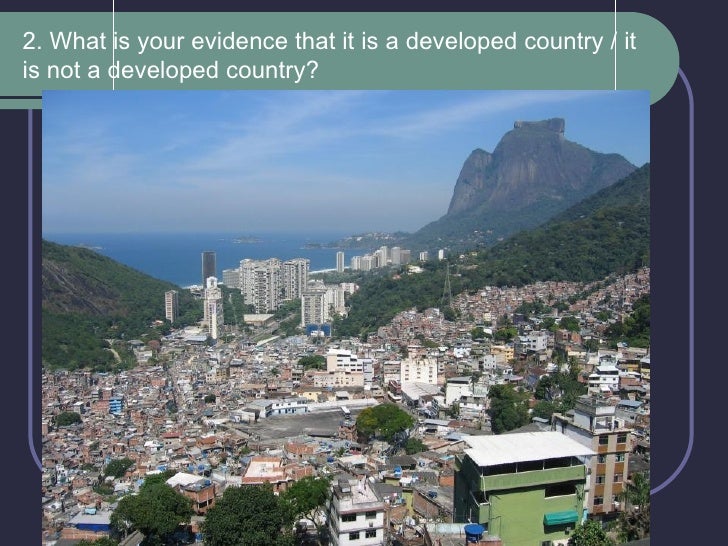
www.slideshare.net
developed
Is Brazil A Developed Or A Developing Country By Caitlin Edmonds On Prezi
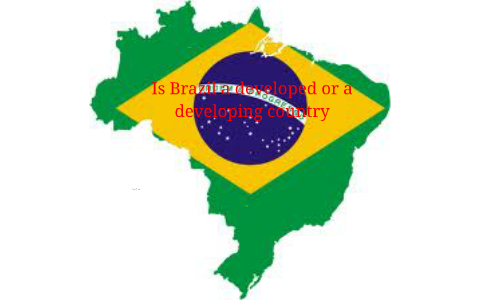
prezi.com
brazil developed country developing
Is Brazil Developed? | Mind Map
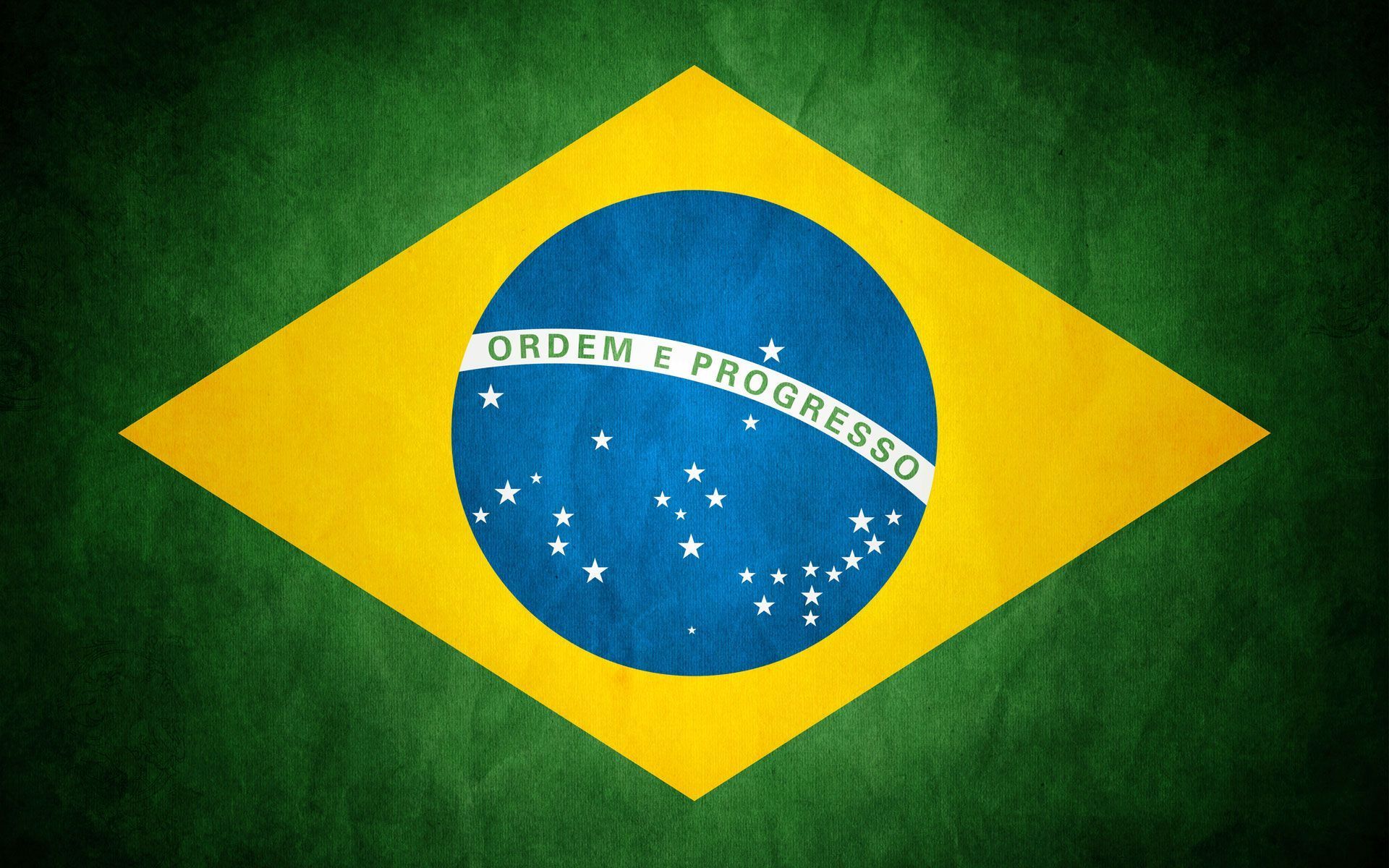
www.goconqr.com
Brazil: Development News, Research, Data | World Bank

www.worldbank.org
How developed is brazil. Is brazil developed?. Brazil developed country developing






